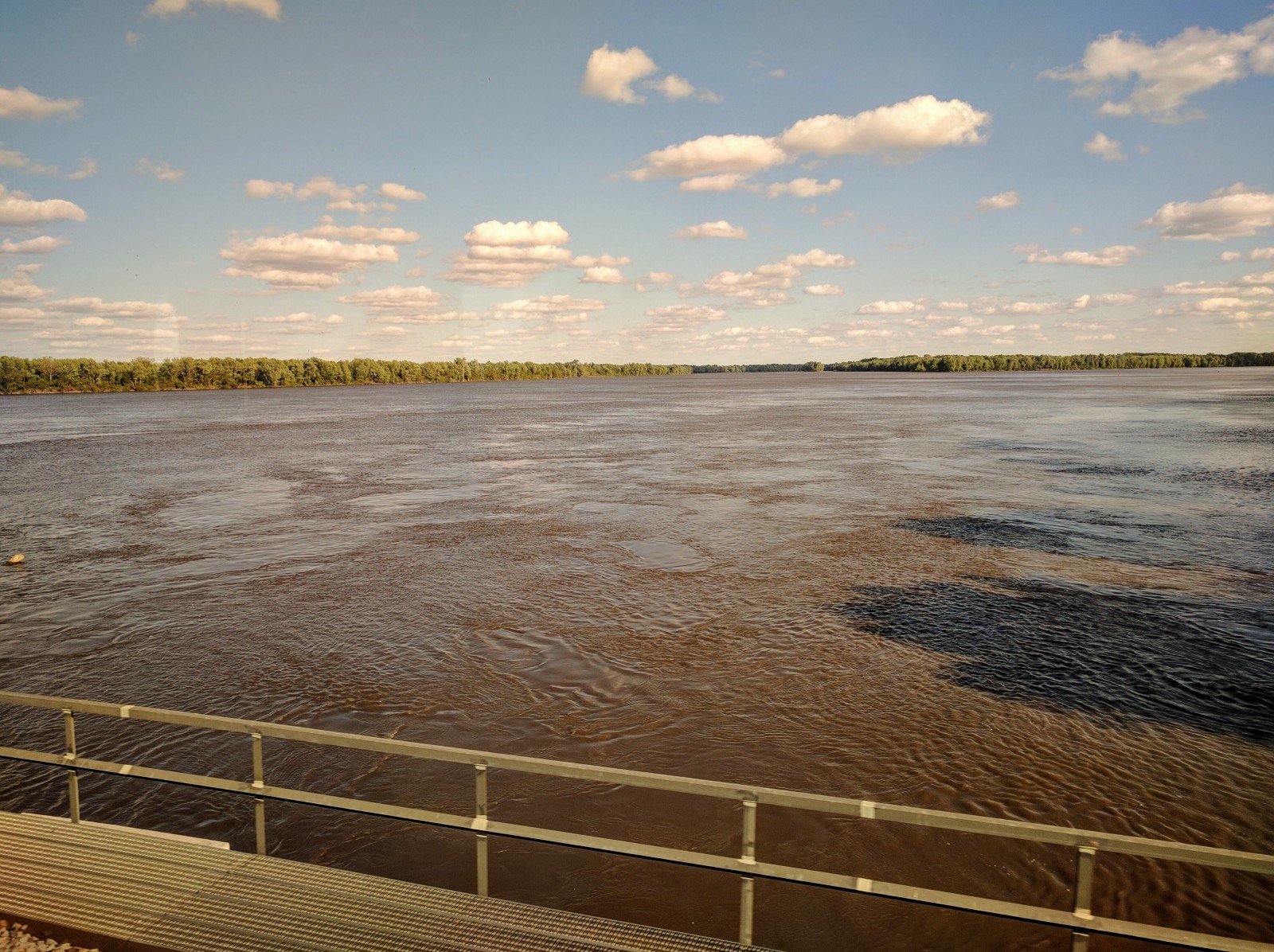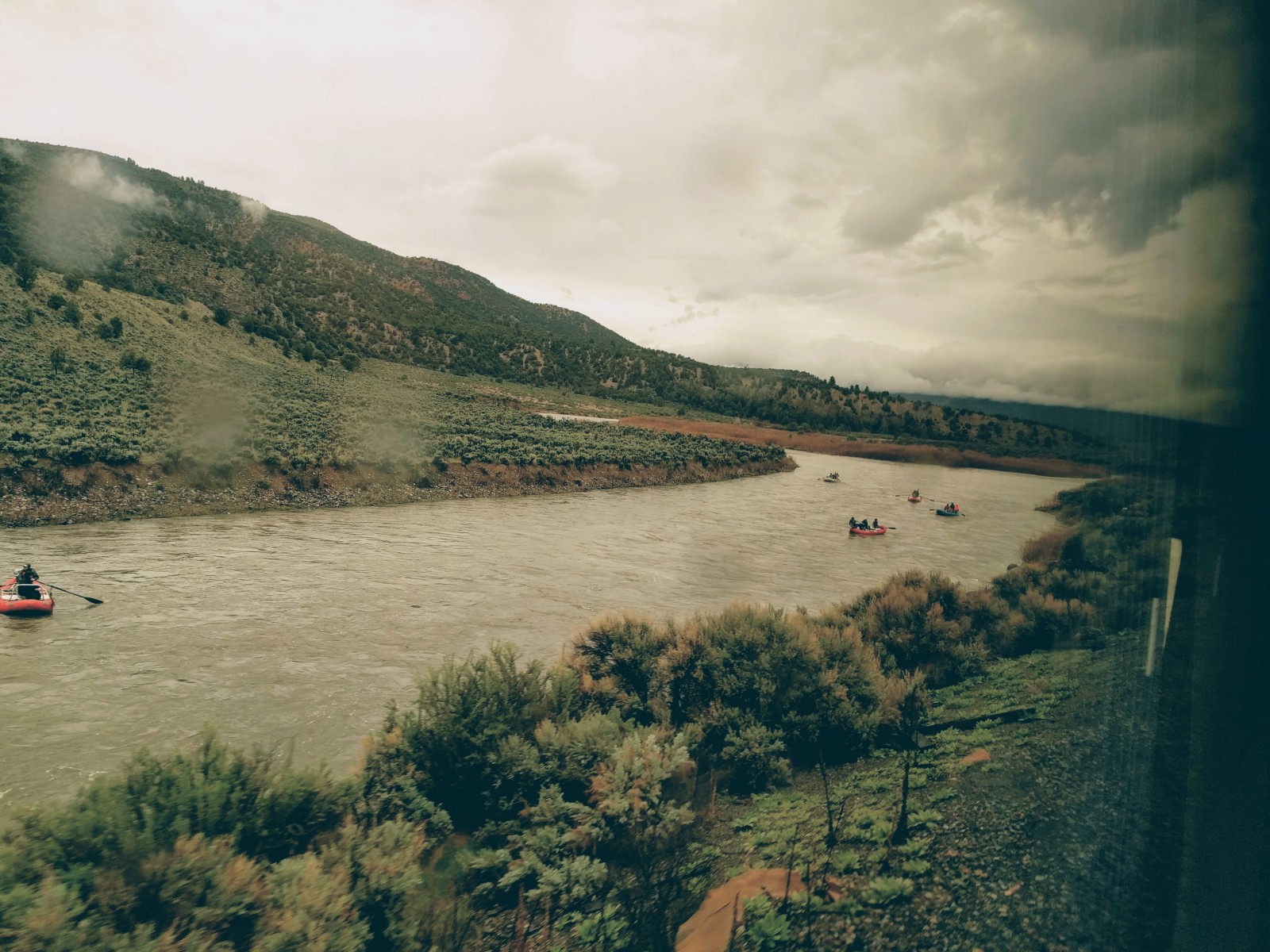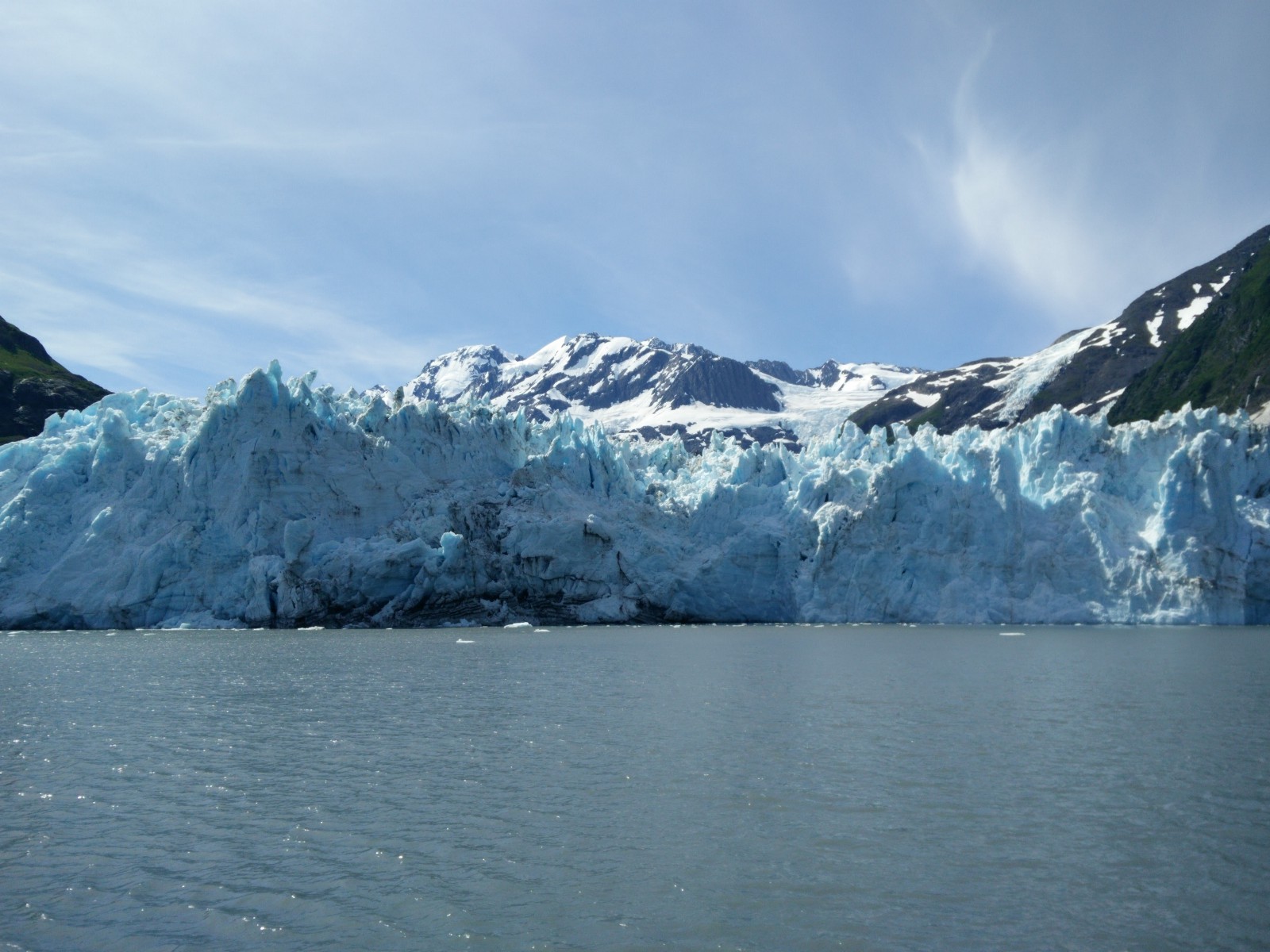Deepavali
I wrote this sometime in 2015 around this time of the year. Time embellishes a lot of things. I was probably bored witless during every Deepavali back home but here I am several thousand miles away from what seems to be an unusual amount of rain, even for Deepavali week, and thinking those days were the best of times. May be they were. I have strong reasons to believe they were.
I don’t know if I’ve ever imagined a background score for different time periods in my life, but if there was one, the months of October and November every year would feature symphonies carefully constructed to match the sound of firecrackers. I was pretty crazy about those - I’d usually ask for more crackers instead of clothes, or something like that. Now I’m smart with money and would probably not settle for a Rs.10 packet of bijili.
My Deepavali had a routine. Every year I spend the previous night at my grandmother’s place, wake up before the sunrises, brush, light a firecracker (because it is the rule), wait for my turn to get oil applied in my hair by my grandmother(without it getting into my eyes - she was particular about that), shower, have some sweets, and back to my earnest mission of elevating the world’s noise pollution levels. Before that paati will force me to have a small sample of deepavali lehyam - a concoction which is probably the greatest enemy my taste buds have battled. It is sweet and sour at the same time and extra spicy. She will bait me with the wide variety of sweets and of course, crackers. I would have no choice but to fall for it.
That was my routine till 2009, after which there was a significant deviation from the usual - most important of which was the fact that it was no longer my grandmother’s place. And I no longer was interested in firecrackers. May be it was the routine, or god forbid it was my antics to unsuccessfully avoid the devil’s concoction, or may be it was just paati, that made Deepavali what it was. In a few days, it will be six years since Deepavali stopped being any of these. It became just another holiday when more time was spent watching meaningless advertisements on TV with an occasional bout of Solomon Pappaiyya.
So many things have changed in the 6 years that passed. And, for some reason, for the past few weeks I’ve felt like I should write something about her. May be it is the season.
Come Tuesday it will be Deepavali, and as I’ve been doing so, out of routine, for the past 6 years, I’ll carry on with my life, only I won’t do the things that made Deepavali what it used to be.
May be this year I’ll take that oil bath, remembering to ensure the oil doesn’t get into my eyes.



























